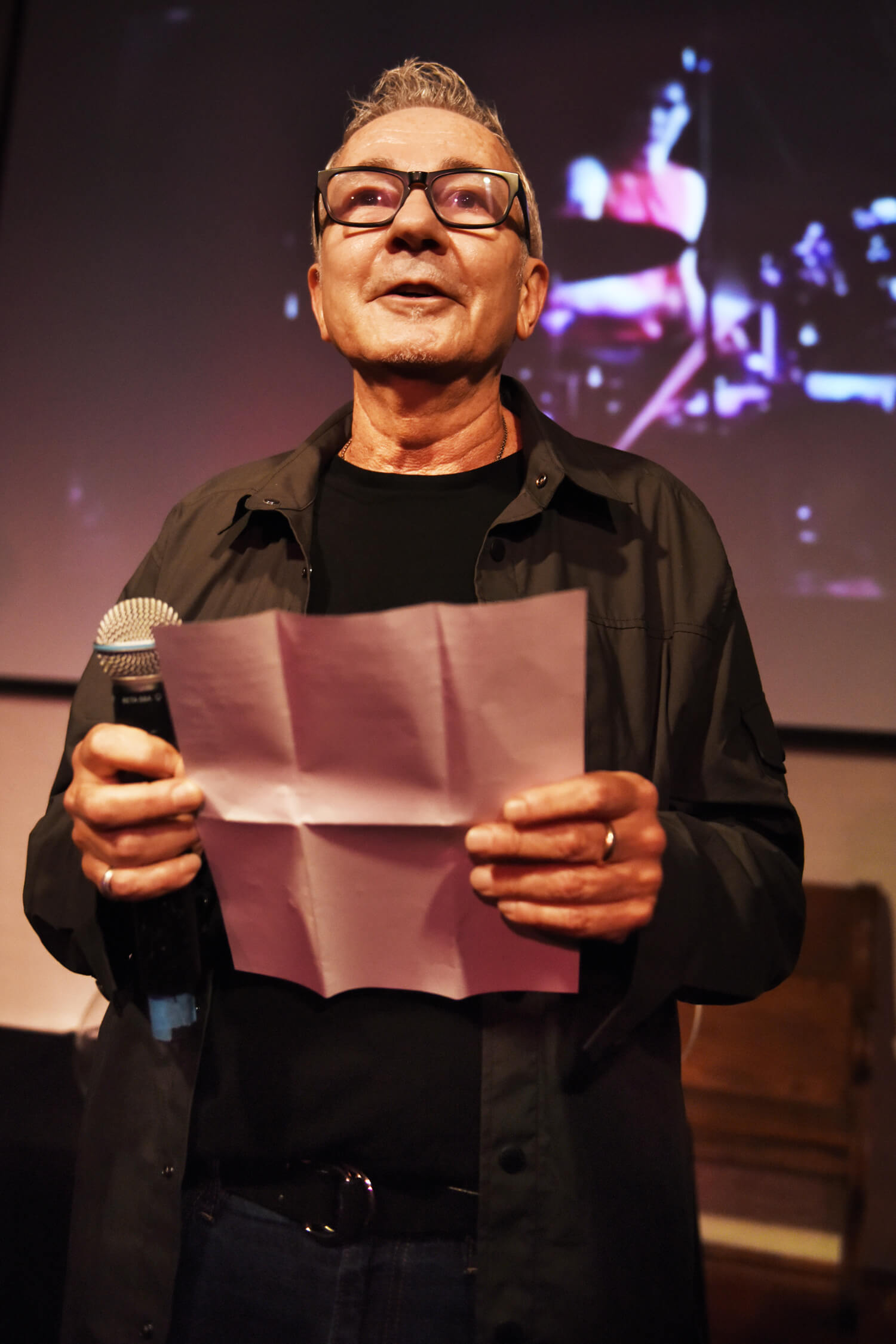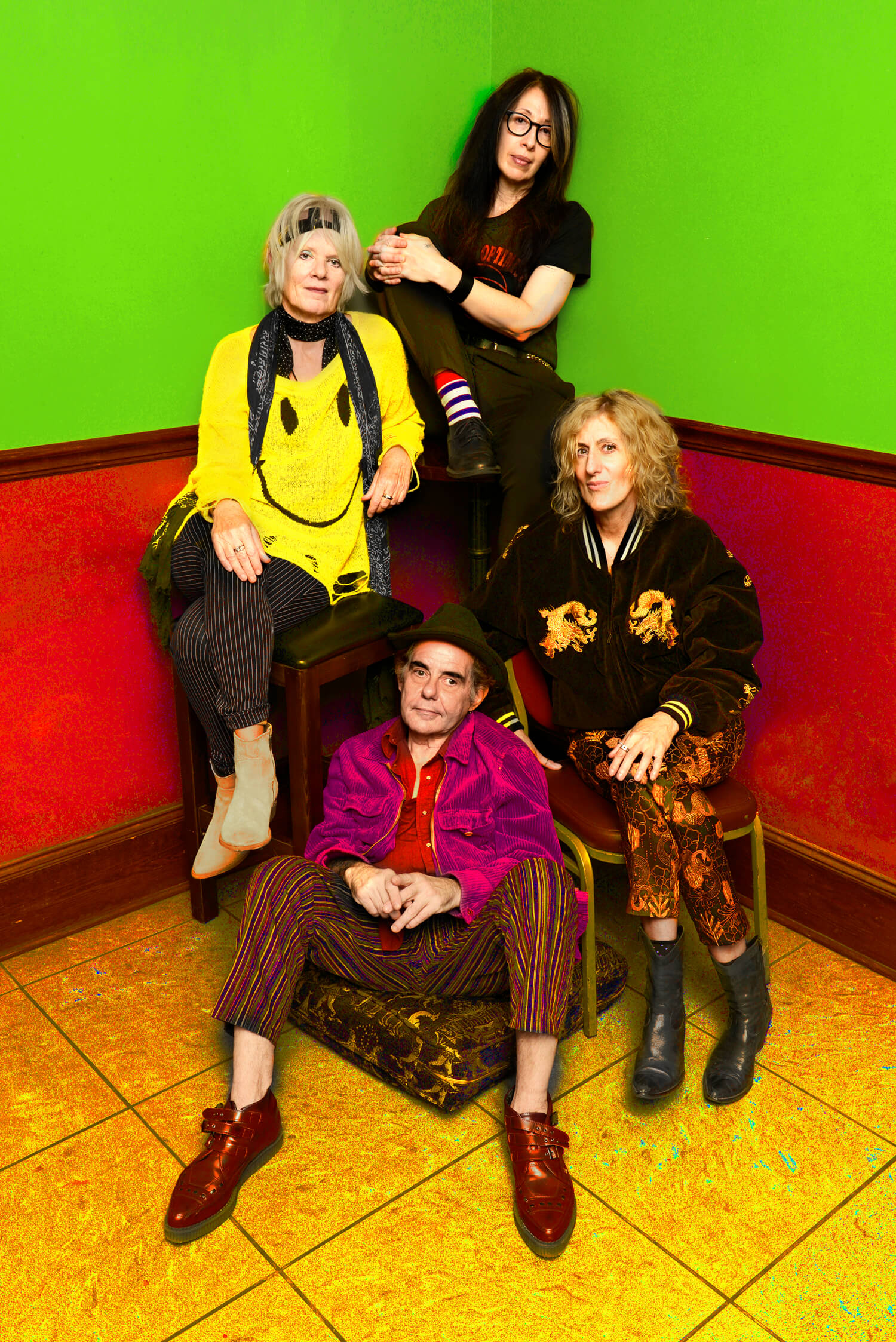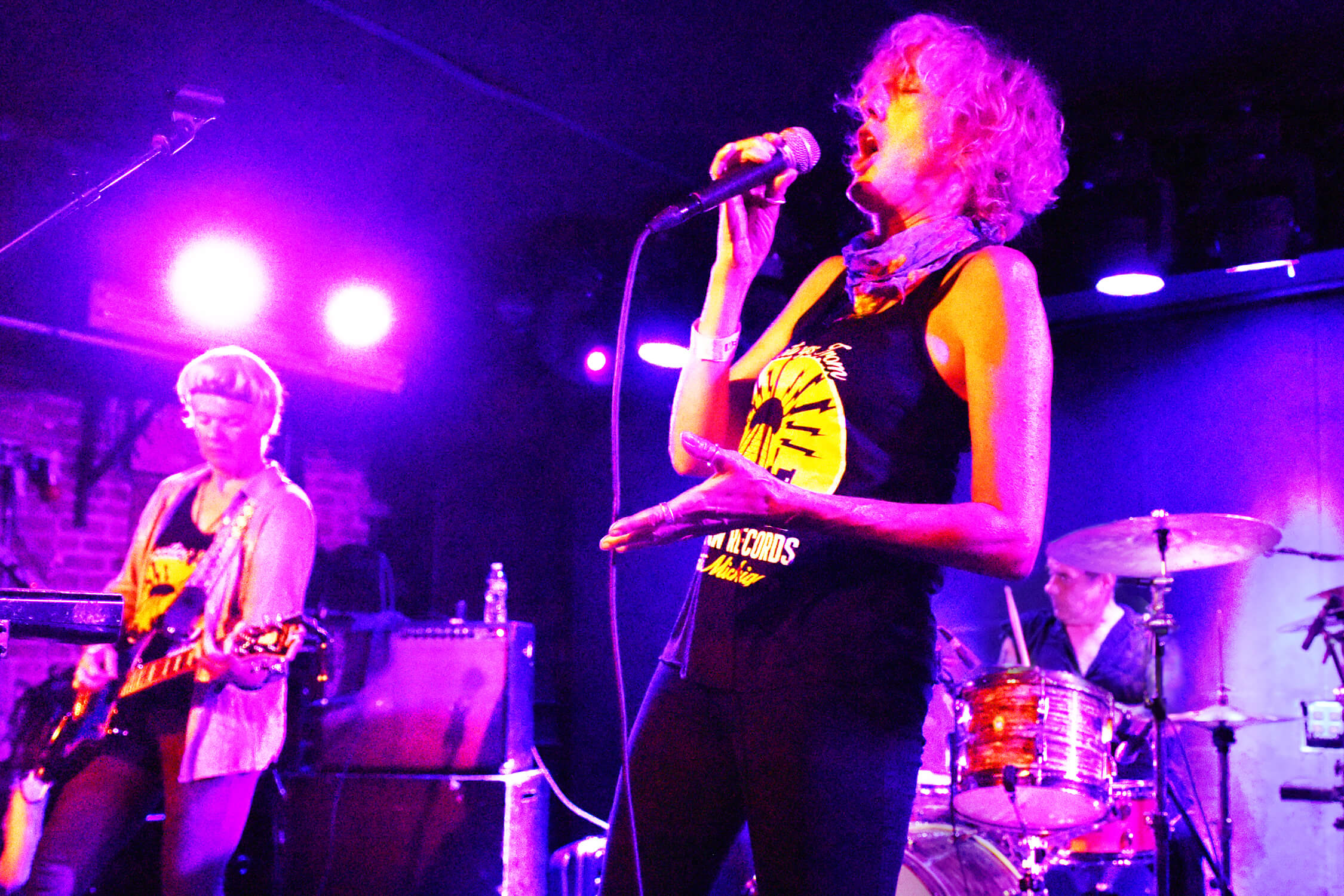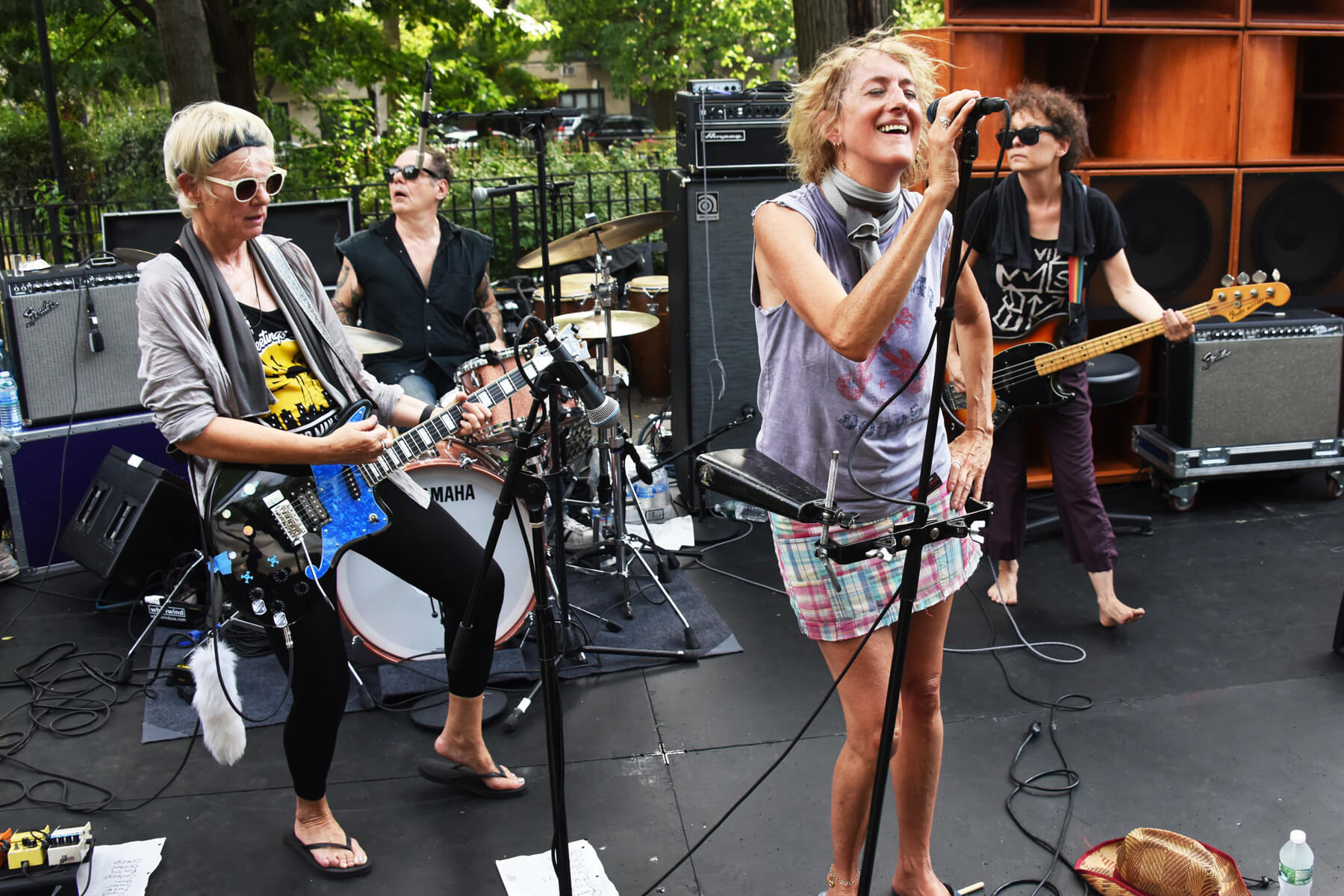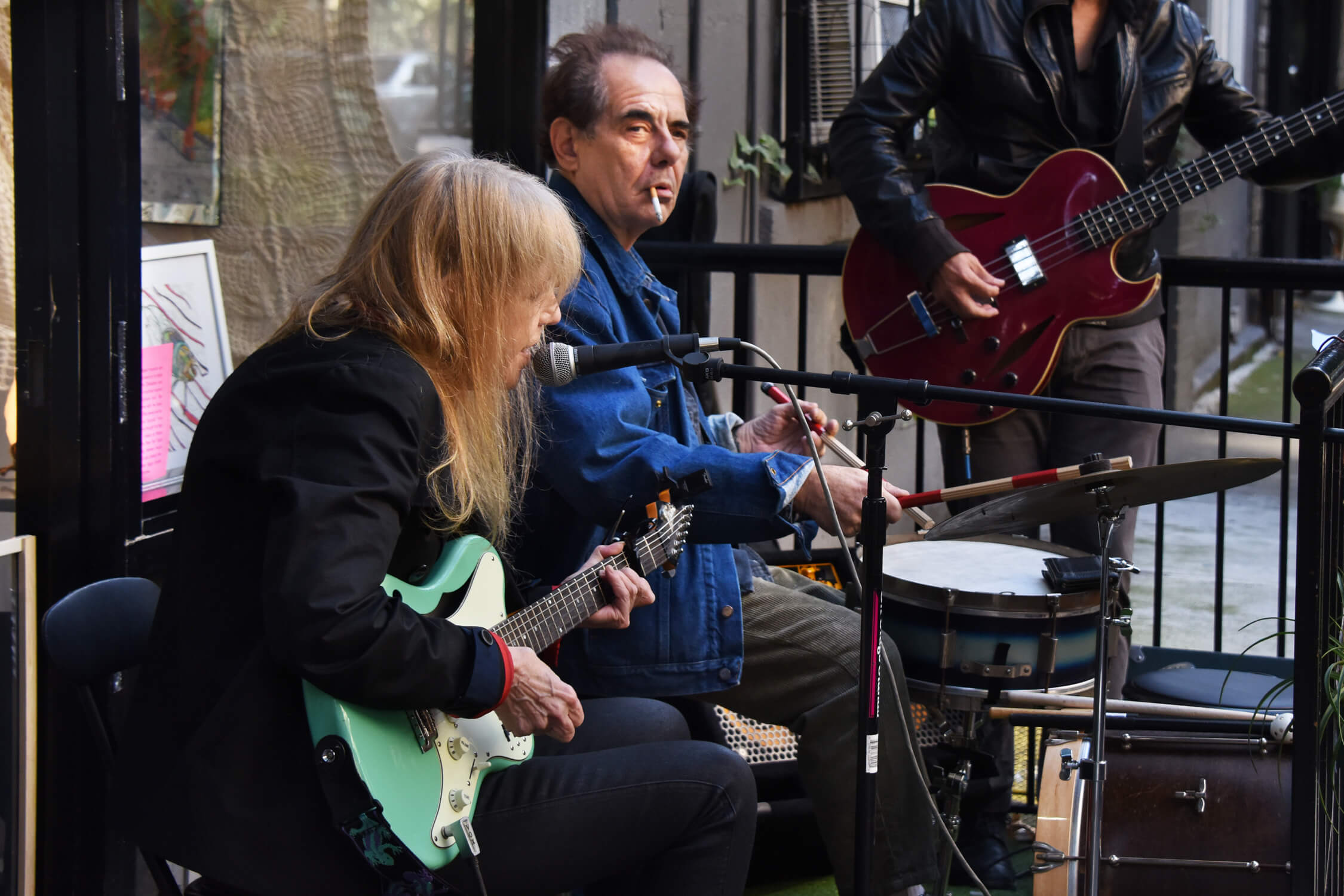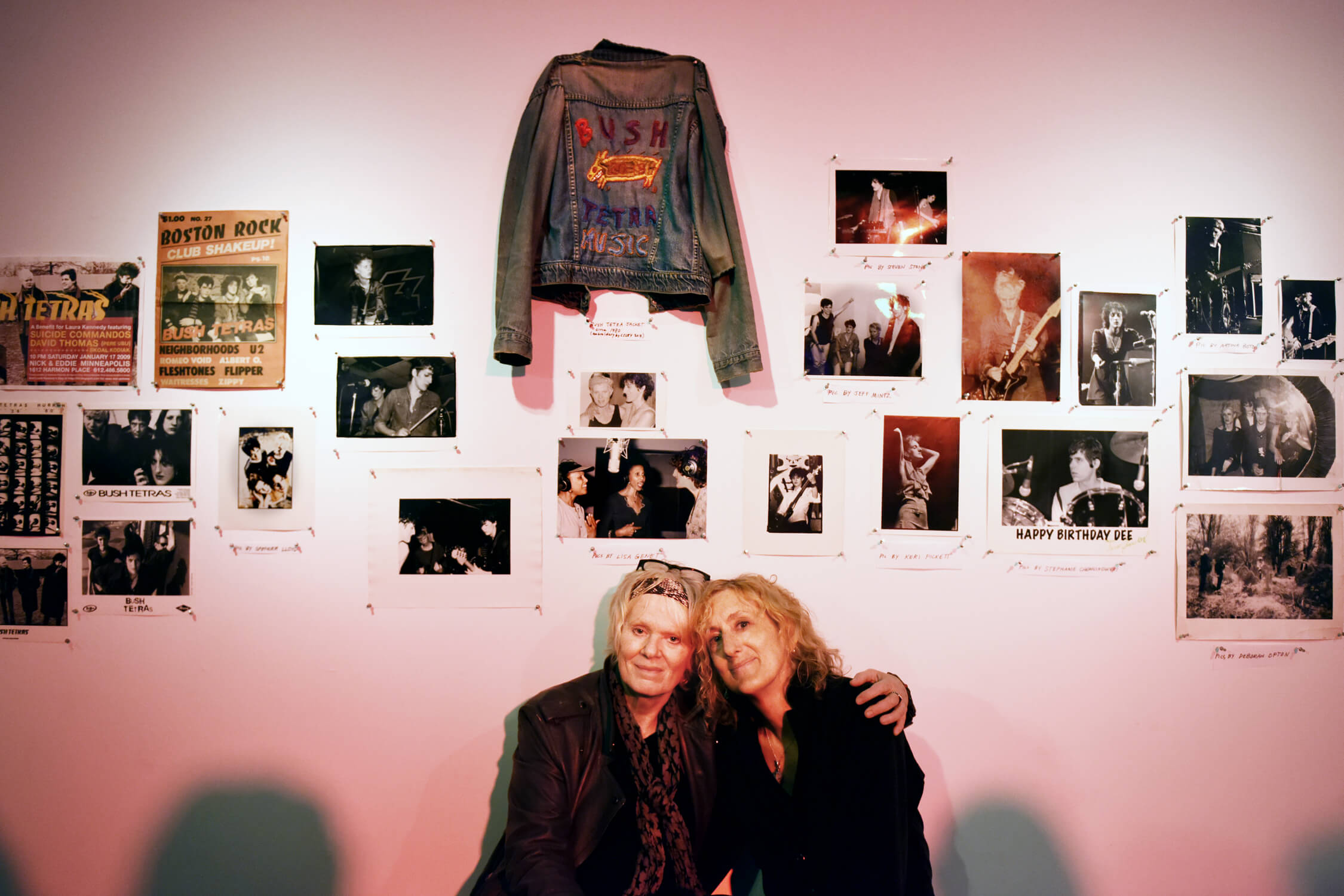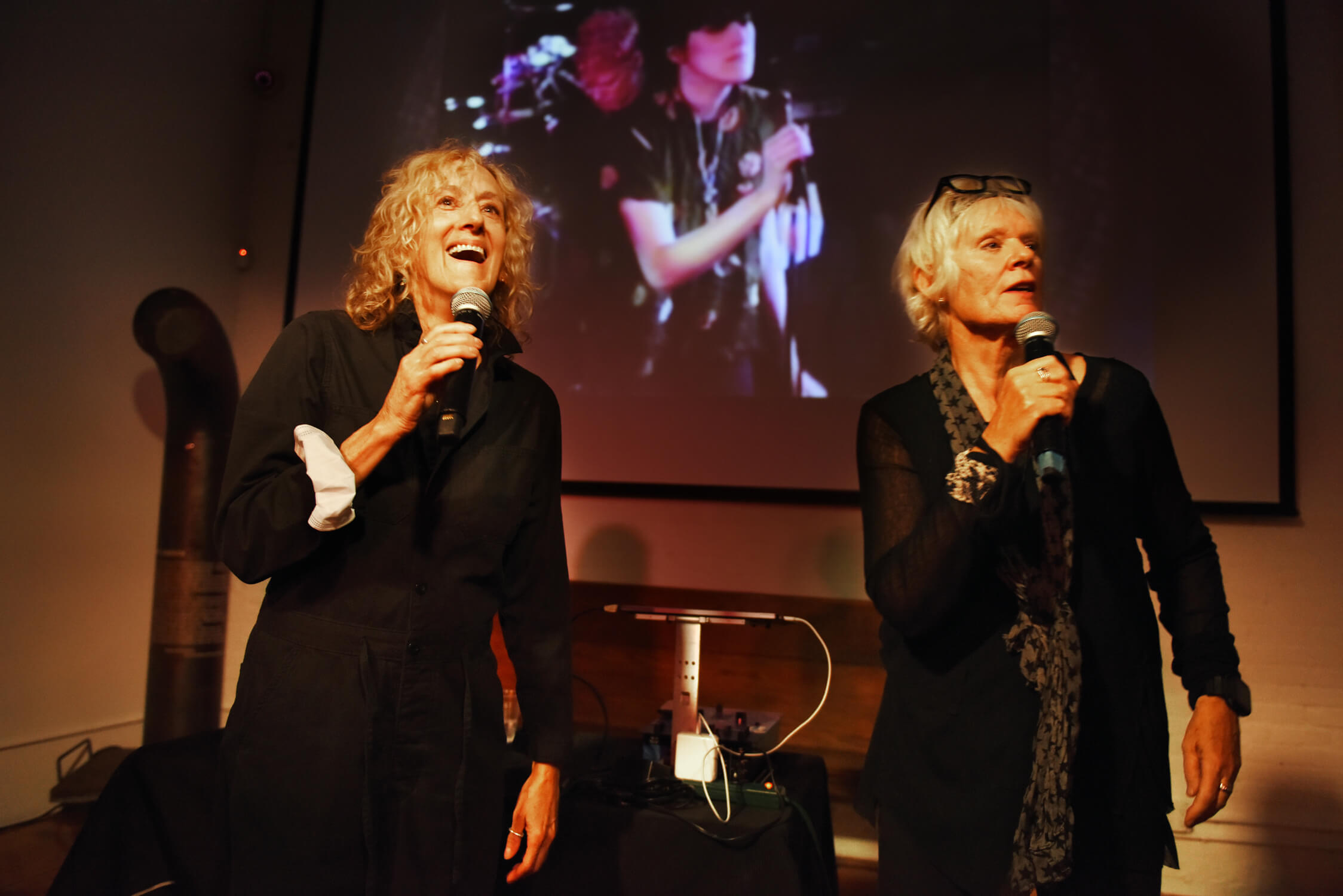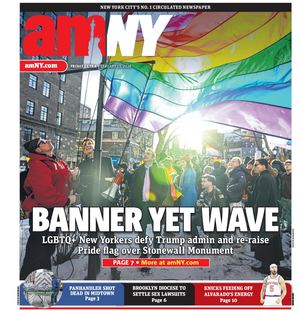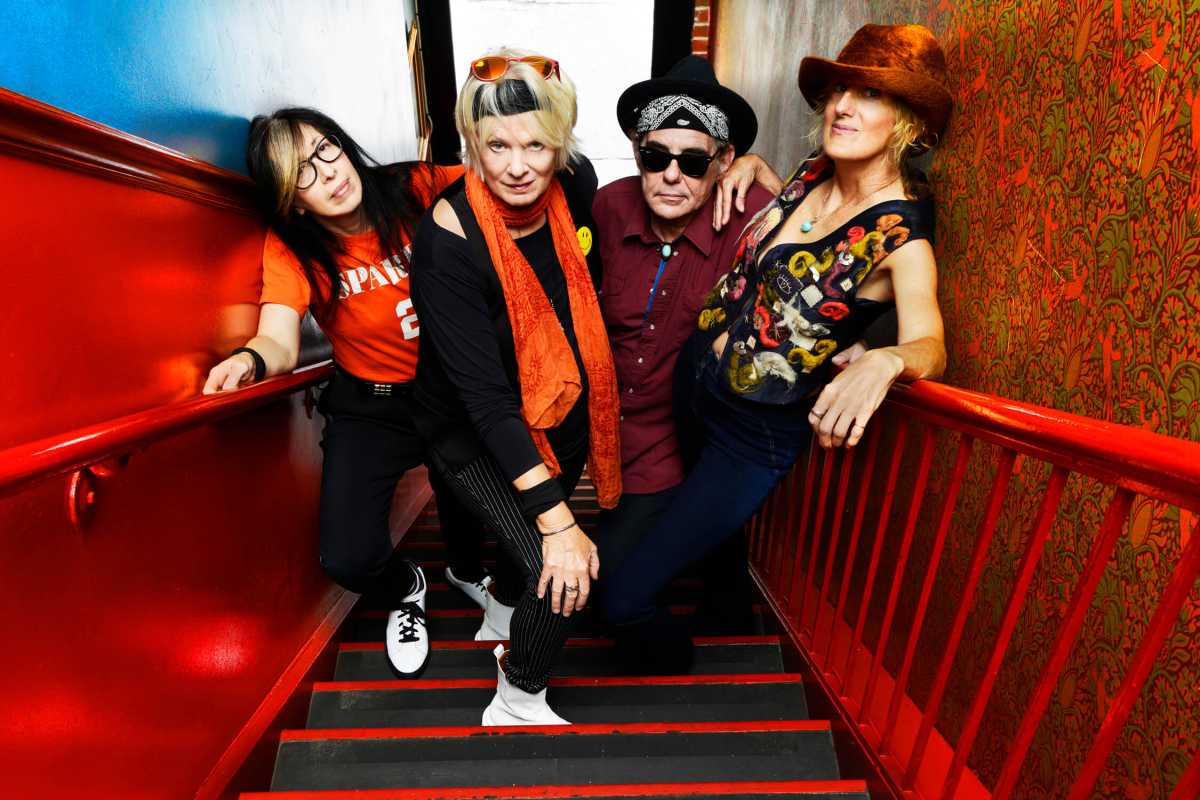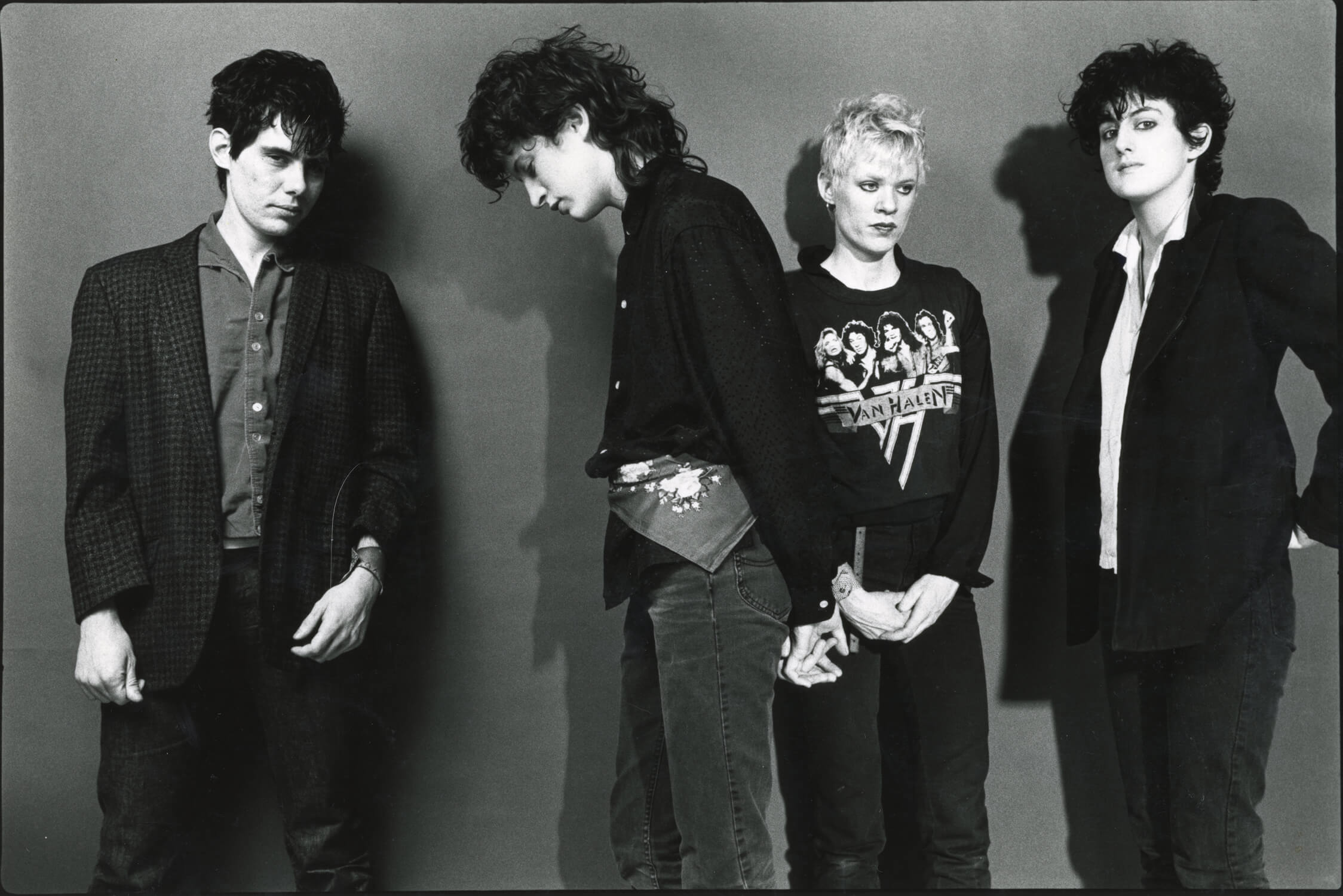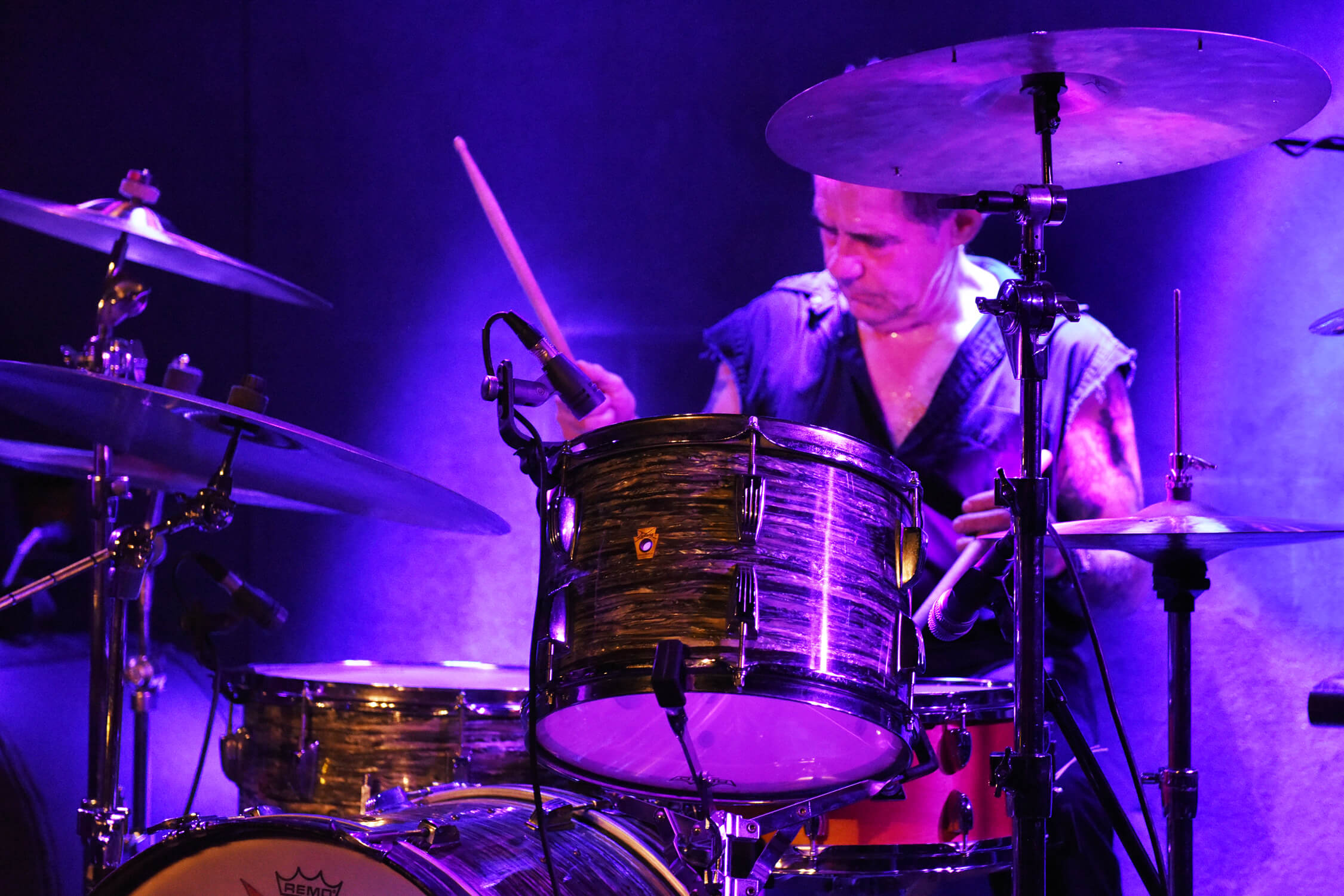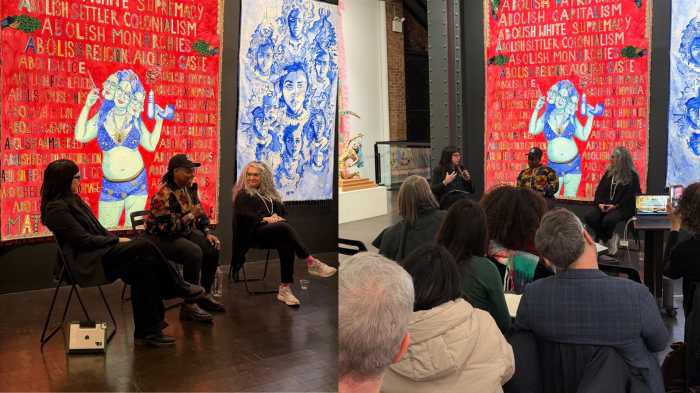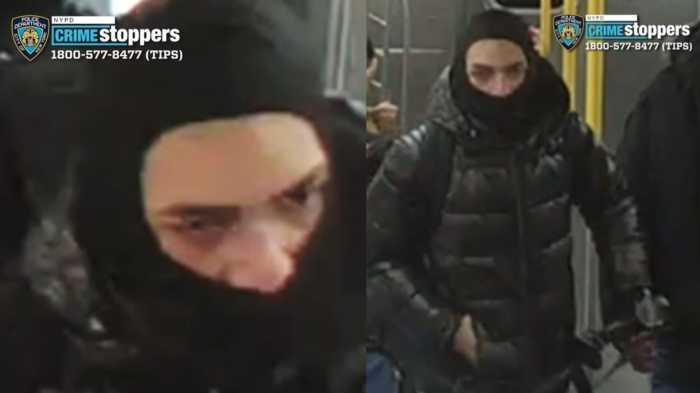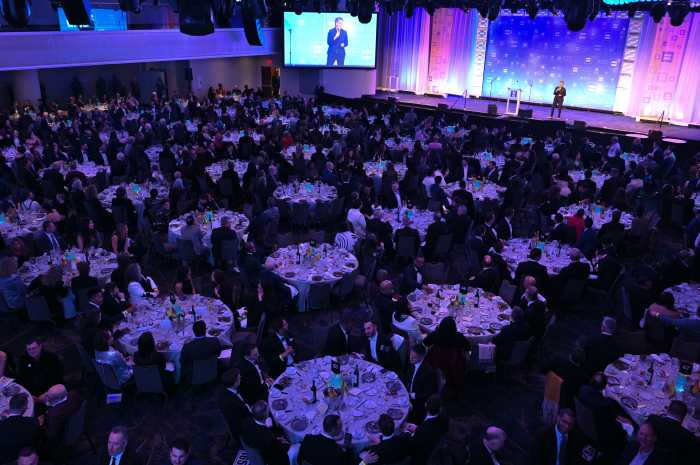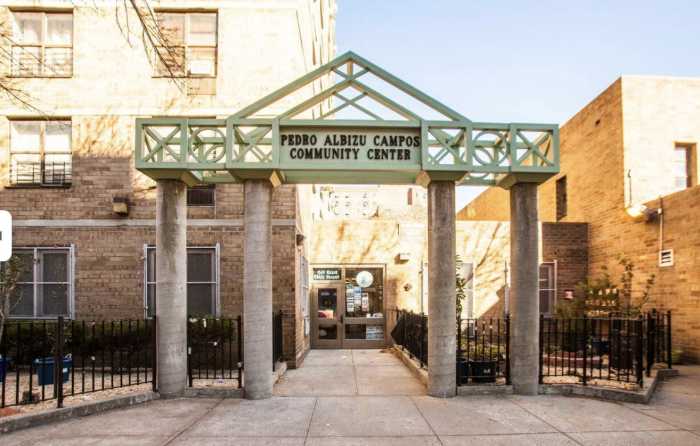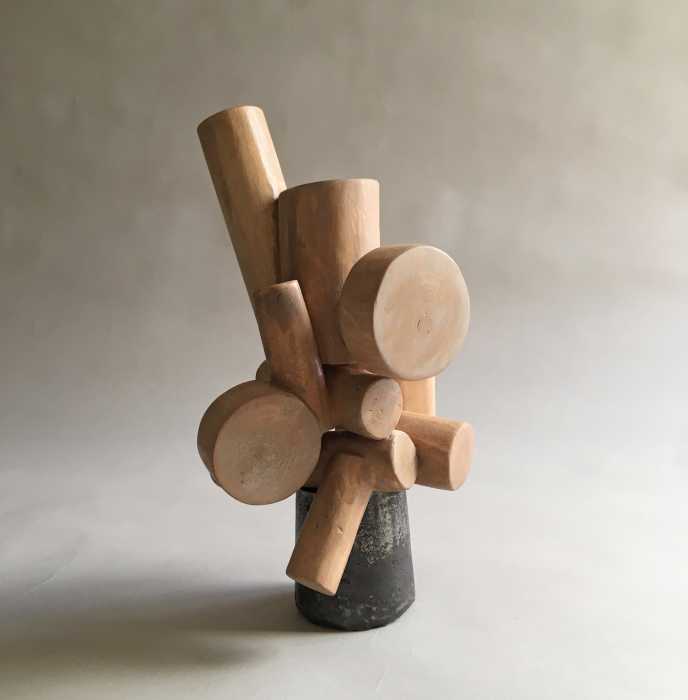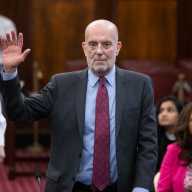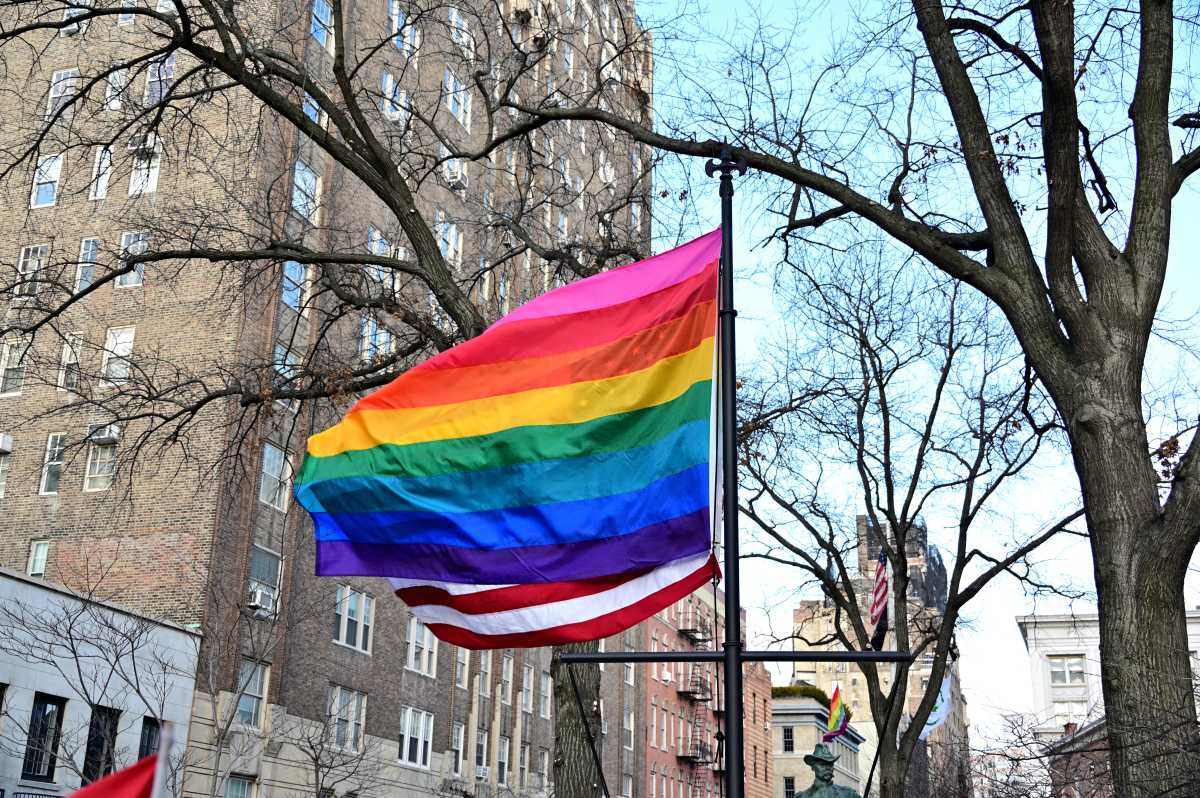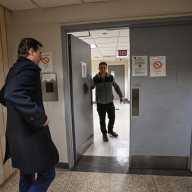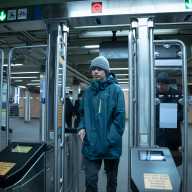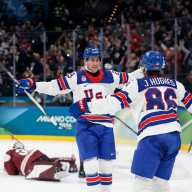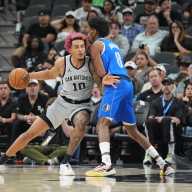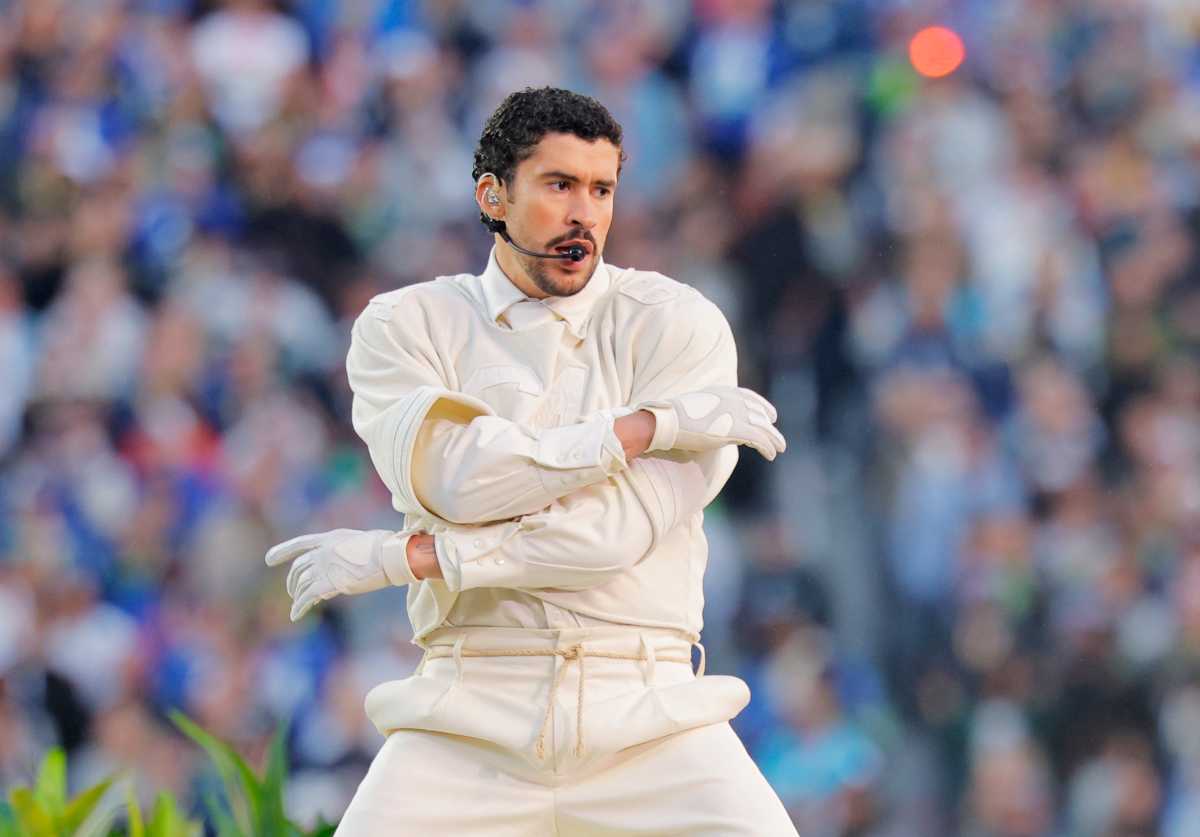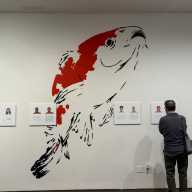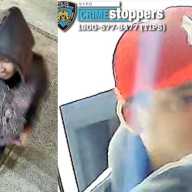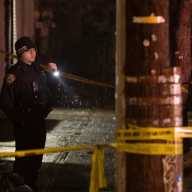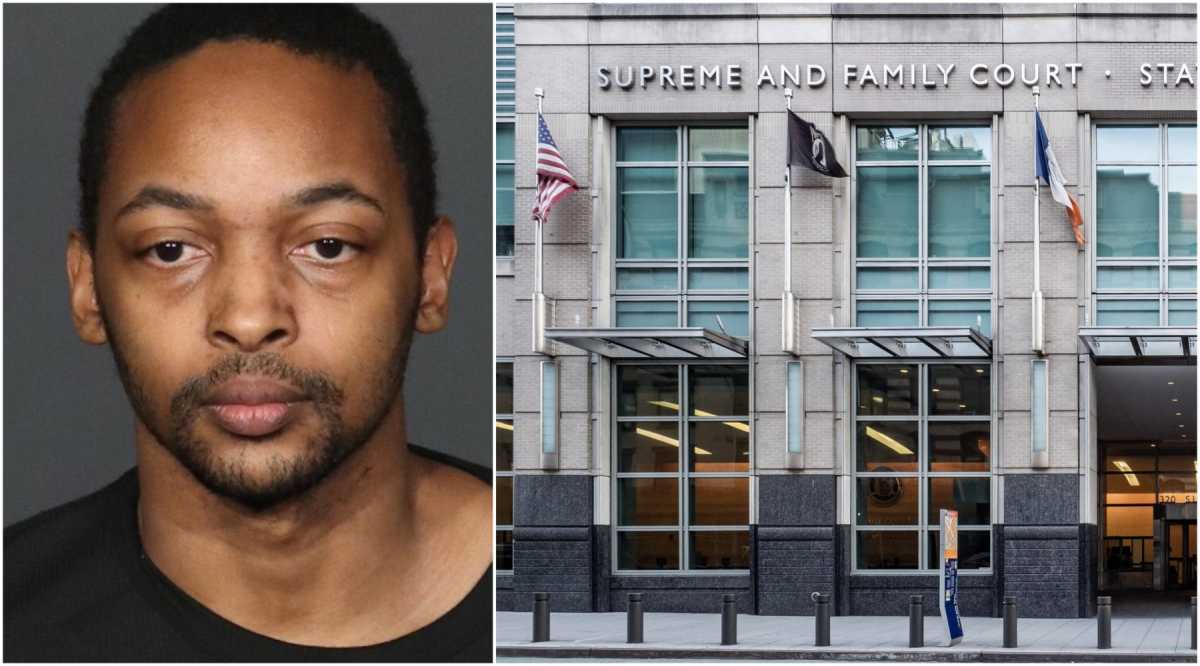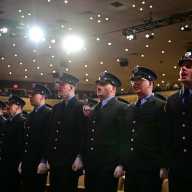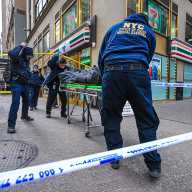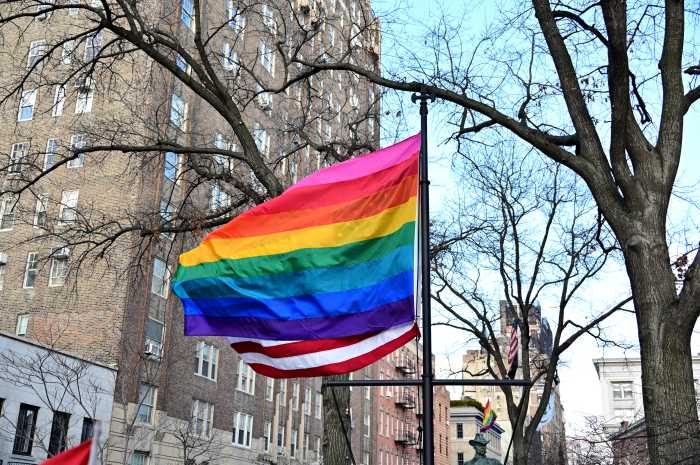There was a time when Dee Pop, the recently deceased drummer and founding member of New York’s renowned Bush Tetras, was a college student named Dimitri Papadopoulos. Back in 1977, he was a journalism student in Buffalo, interviewing people like Richard Hell, hanging out with Lester Bangs and playing in a band called ‘The Good’. When the Forest Hills native headed back to NYC and joined the music scene there, it didn’t surprise bandmate Marlene Weisman, now an artist/graphic designer, at all. “We all loved the music, but he was just so passionate about it,” Weisman recalled.
Pop’s entrance into downtown’s music history began in 1979 when guitarist Pat Place left noted avant-funk bandleader James Chance’s Contortions and formed a new combo with Laura Kennedy, Cynthia Sley and Pop.
“Right out of the gate, Dee was great,” says Place. “We just had a lot of chemistry. There was never a plan – we just jammed for hours and would take a few nuggets and turn them into songs.”
“We instantly became close,” recalls lead singer Sley. “It was so much fun to write with him. He wrote a lot of lyrics then. Songs seemed to come out of nowhere.”
Place adds that “Dee had so much energy, he could play for hours and was full of ideas. His contribution was huge.”
Sley concurs, mentioning that “he was an unusual drummer because he was a sensitive person, a poet. He could be melodic. He was integral to the band – his parts were just as important as mine. I appreciate his contributions more now than I did then. He didn’t just bang away – he really listened to the vocals.”
Hugo Burnham, drummer for the Gang of Four, remembers the first time he saw Pop playing with the BT’s. “They opened for the Gang of Four in 1980 at Hurrah and I always checked out the opening band. The first thing I thought was, oh dear, he’s much better looking than I am. The second thought was, he’s a much better drummer than I am too .”
“He was a real drummer,” Burnham explains. “I’m a great ‘Gang of Four’ drummer, but he could sit in with anyone. I couldn’t do that.”
Part of Pop’s secret was his love of jazz drummers, having been exposed to that genre as a youngster by his artist mom. By the time he was 10 he idolized Gene Krupa and Buddy Rich as well as Keith Moon and Ringo Starr.
Dee’s younger brother Tom firmly states that “music was the best part of his life. It was all he ever wanted to do. He was at home behind the drum kit.”
Pop left the band in 1982 to branch out in other directions with his new wife Deerfrance as well as numerous others. The Deerfrance collaborations included Floor Kiss, The Blue Picts, the Low Riders, Playtime and Extra Virgin Mary; other notable gigs included (but not limited to) the Gun Club, Billy Bang, The Clash, Gary Lucas, James Chance, Chuck Berry, The Shams, Jayne County, Michael Karoli (of Can), Richard Lloyd, Odetta, Darlene Love, Andy Shernoff, the Waldos, Nona Hendryx, Band of Outsiders, Lenny Kaye, Daniel Carter, Marc Ribot and The Slits.
“Dee played over 200 gigs a year, every year, until the lockdown,” claims Deerfrance. “He loved his drums and he was a selfless person. He booked Brownies (a now defunct East Village Club) and jazz nights at CBGB’s. ” Continuing, she describes him as “creative and supportive. He came off as gruff but there was a sentimental side. I try to remember all the good things.”
“Playing drums is what he lived for,” concurs Pat Place. “We were amazed that he was playing with so many people all the time.” Pop returned to the Tetras in 1992 and Sley recalls that “it was like he never left. The chemistry was still there.”
RB Korbet, the newest member of the band (on bass), reflected that, “there were so many great things about playing with Dee. Among the best was that he brought his different influences into his rock drumming in ways that no other drummer I’d ever worked with had. It was all coming from such a sincere, heartfelt place.” On a personal level, she added, ” he was multi-faceted. If you knew him you knew he was complicated. He could be as big-hearted and giving as he was headstrong. He could be very opinionated, very cock-sure of himself, and at times downright petulant.”
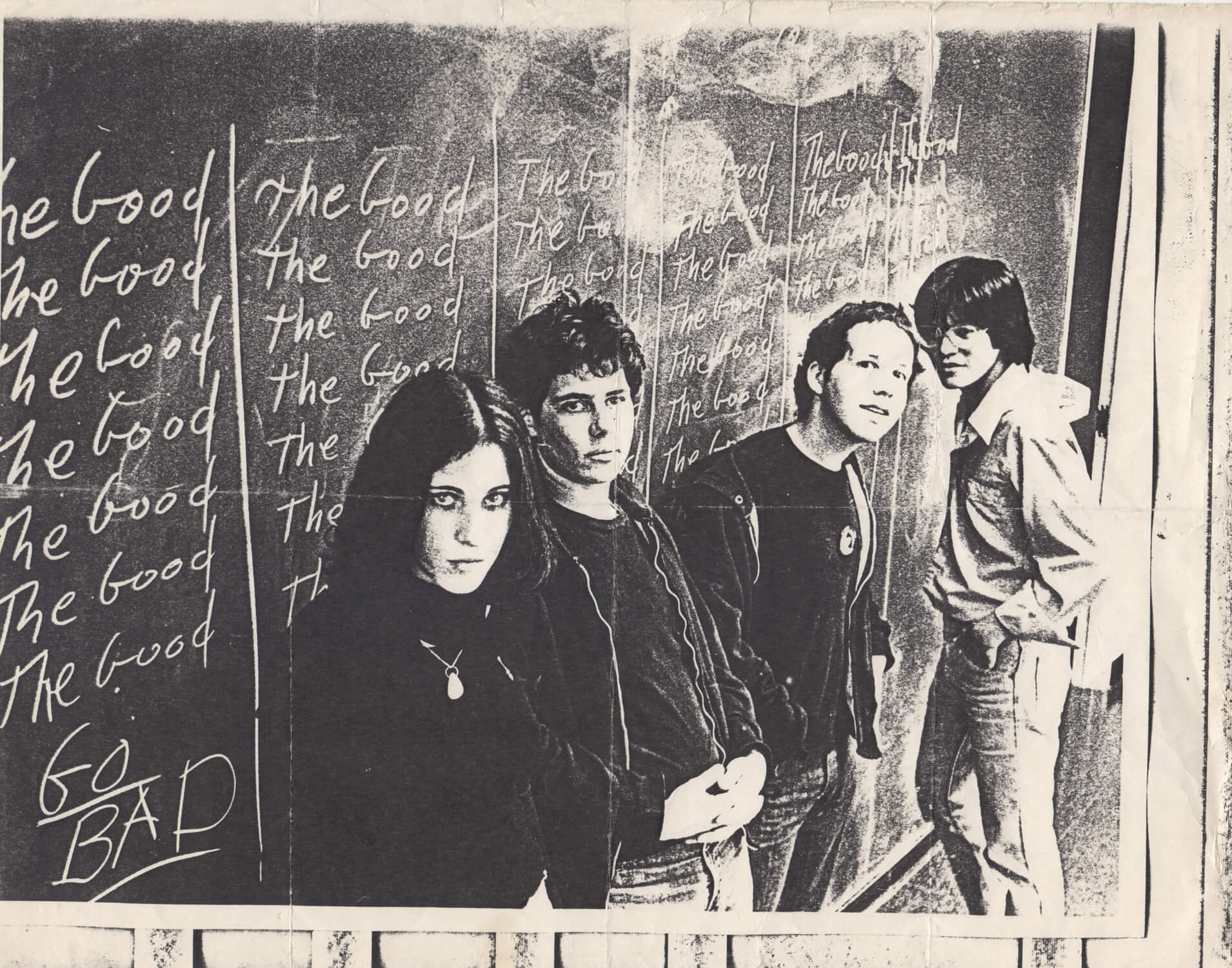
Place backs that up. “He was a very complicated person,” she says. ” He was the most gregarious of us. He loved people and the whole culture of the music scene. But he had his grumpasaurus side, which took over as he got older.”
Various friends mention that the lockdown was terrible for him, preventing live gigs and socializing. Sley notes his battles with depression and the fact that “he did not lead a healthy life ” as factors that led to his passing away in his sleep the day before their record release party at Howl Happening gallery. “He was obviously ill, ” Sley says. “He kept trying but in the end he was getting sicker and sicker just couldn’t play. It was very sad.”
Planned as a celebration of their upcoming vinyl box set anthology on Wharf Cat Records, the event became a well-attended memorial for Pop. “It was such a nice send-off,” said Place. “But it was sad seeing all those old pictures of us on the walls. We were like a family.”
Dee Pop is survived by his son Charlie and daughter Nicole.
The Bush Tetras will be performing on Nov. 13 at Le Poisson Rouge.
